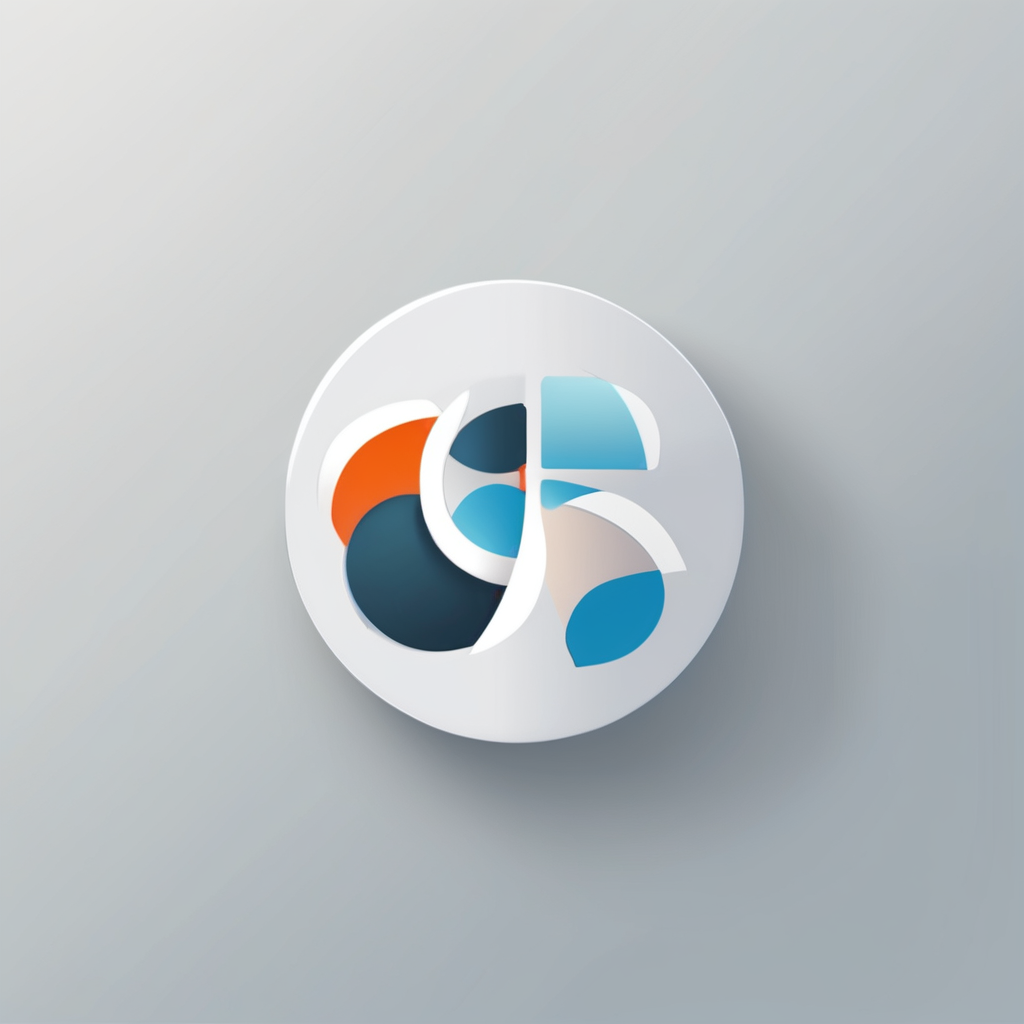Overview of Wearable Technology in Healthcare
As healthcare innovations advance, wearable tech plays an increasingly crucial role. These innovative devices encompass items like fitness trackers, smartwatches, and remote monitoring devices that seamlessly integrate into patients’ daily lives. By gathering critical health data, wearable tech augments and personalises patient care.
Historically, the evolution of wearable tech in the UK has been remarkable. Initial devices focused on simple activity tracking, but advancements have enabled complex data collection crucial for patient monitoring. Innovations in technology now support a more detailed insight into patients’ health metrics, transforming how healthcare professionals make informed decisions.
Also to see : Revamping Urban UK Schools: Cutting-Edge Approaches to Elevate Air Quality
The significance of wearable technology is primarily evident in remote patient monitoring. These devices allow healthcare providers to track symptoms and condition changes without in-person visits. This capability ensures timely interventions, particularly for patients requiring constant monitoring, such as those with chronic conditions or elderly individuals needing regular oversight.
Through the effective use of wearable tech, healthcare systems can potentially reduce hospital admissions and improve patient compliance with treatment protocols. These advantages highlight the integration’s importance, as more healthcare settings recognise the transformative power of these technologies. Wearable technology not only promotes better health outcomes but also encourages proactive, patient-centered care approaches.
Have you seen this : Revamping UK City Travel: The Role of Intelligent Roads in Revolutionizing Traffic Management and Safety
Impact on Patient Outcomes
Wearable technology in healthcare has demonstrated promising effects on patient outcomes, ushering in enhanced health monitoring and proactive management. According to recent statistics, patients using wearable tech experience a notable reduction in hospital readmissions due to improved adherence to treatment and timely detection of health anomalies.
Case studies illustrate the effectiveness of wearables in diverse healthcare environments. One such instance involves integrating wearables in managing diabetes, where continuous glucose monitors provide real-time data, enabling patients and healthcare providers to promptly address fluctuations. This timely insight helps prevent acute complications, showcasing the positive influence of wearables on chronic disease management.
Expert opinions widely advocate for the efficacy of wearable devices. Healthcare professionals have observed improvements in patient outcomes through more personalized care facilitated by real-time data access. Experts stress that wearables support better chronic disease management by flagging potential issues before they escalate.
Wearables benefits extend beyond just tracking metrics—they encourage patient engagement and empower individuals to partake in their health journey actively. This empowerment, combined with actionable data, results in more informed health decisions and ultimately contributes to improved patient outcomes. With continuous advancements, the potential for wearables to reshape healthcare becomes increasingly apparent.
Examples of Wearable Devices Used in the UK
Wearable technology in the UK healthcare system encompasses a variety of devices designed to enhance patient monitoring and care. These include smartwatches, fitness trackers, and an array of remote monitoring tools effectively used in medical settings.
Health Tracking Sensors
Health tracking sensors, often embedded in devices, gather critical patient monitoring data. These sensors measure vital signs like heart rate and temperature, aiding in continuous health monitoring. They are pivotal in early disease detection and management.
Smartwatches and Fitness Trackers
Smartwatches and fitness trackers are increasingly adopted, offering features such as step counting, sleep analysis, and heart rhythm tracking. Their convenience and non-intrusive design make them popular in helping patients manage daily routines and health goals, providing both consumers and healthcare providers with valuable insights.
Remote Monitoring Devices
Remote monitoring devices, including blood glucose monitors and oxygen saturation trackers, significantly impact chronic disease management. They enable real-time data transmission to healthcare providers, fostering more effective patient monitoring and timely interventions. Each device category offers unique functionalities tailored to specific health needs, showcasing versatility and aiding in the optimization of healthcare practices.
Regulatory Landscape and Compliance
The regulatory landscape for wearable technology in healthcare is shaped by rigorous health policies aimed at maintaining patient safety and data integrity. In the UK, oversight is primarily regulated by agencies such as the Medicines and Healthcare products Regulatory Agency (MHRA) and the National Institute for Health and Care Excellence (NICE). These bodies ensure that wearable tech meets safety and performance standards crucial for patient monitoring and care.
Current regulations compel developers to align with strict criteria, impacting the integration of wearables in healthcare. Compliance involves ensuring data security, maintaining the patient’s privacy, and adhering to medical-grade standards for device accuracy and effectiveness. This regulatory framework endorses consumer trust and reliability in wearable devices.
However, innovators face challenges in meeting compliance due to the evolving nature of the technology. As advancements occur, regulations must adapt to new capabilities, posing barriers for developers in balancing innovation with compliance. The path forward involves strategic collaboration between regulators and tech developers to foster a healthcare system where wearable technology can thrive, ensuring both innovation and safety in patient care.
Benefits and Challenges of Integration
Integrating wearable tech into the UK healthcare system provides significant benefits but also presents challenges. Wearable devices offer real-time health data, improving patient monitoring and engagement. They assist in managing chronic conditions with timely alerts, promoting adherence to treatment plans. Integration benefits include reduced hospitalizations and enhanced preventive care, fostering proactive health management.
However, the path to widespread adoption is fraught with wearable tech challenges. These include interoperability with existing systems, ensuring data privacy, and addressing cost concerns. Financial constraints can slow down the adoption of wearables in smaller healthcare settings. Additionally, the vast amount of data produced necessitates robust data handling systems to ensure security and privacy compliance.
To overcome integration hurdles, collaboration between technology providers and healthcare systems is essential. This involves developing standardized protocols to ensure devices are compatible across platforms, safeguarding privacy, and providing training to effectively utilize wearables in clinical settings. As the UK healthcare system strives to balance innovation with practicality, overcoming these barriers will be crucial in unlocking the full potential of wearable technology.
Future Trends in Wearable Technology
The future of wearables in healthcare promises groundbreaking possibilities. As technology advances, wearable devices are evolving to incorporate features driven by AI and IoT. These advancements hold potential to transform patient monitoring, offering real-time analytics and proactive health management.
Emerging trends signal the enhancement of wearable tech through AI applications, which can analyse health data patterns to predict medical conditions earlier and more accurately. Coupled with IoT, devices will seamlessly communicate over networks, enabling continuous patient monitoring without manual intervention. This connectivity amplifies the responsiveness and effectiveness of health interventions.
In personalised medicine, wearables are expected to play a pivotal role. Future devices might provide tailored health insights based on individual genetics and lifestyle, thus refining treatment plans. This evolution anticipates a shift from reactive to adaptive healthcare, catering to personal needs more effectively.
In the UK, these innovations will likely integrate further into established healthcare systems. With technological advancements, wearable devices will not only enhance current practices but also drive the restructuring of healthcare services, emphasizing prevention and personalisation. The future of wearables is set to redefine how healthcare is delivered and experienced.




